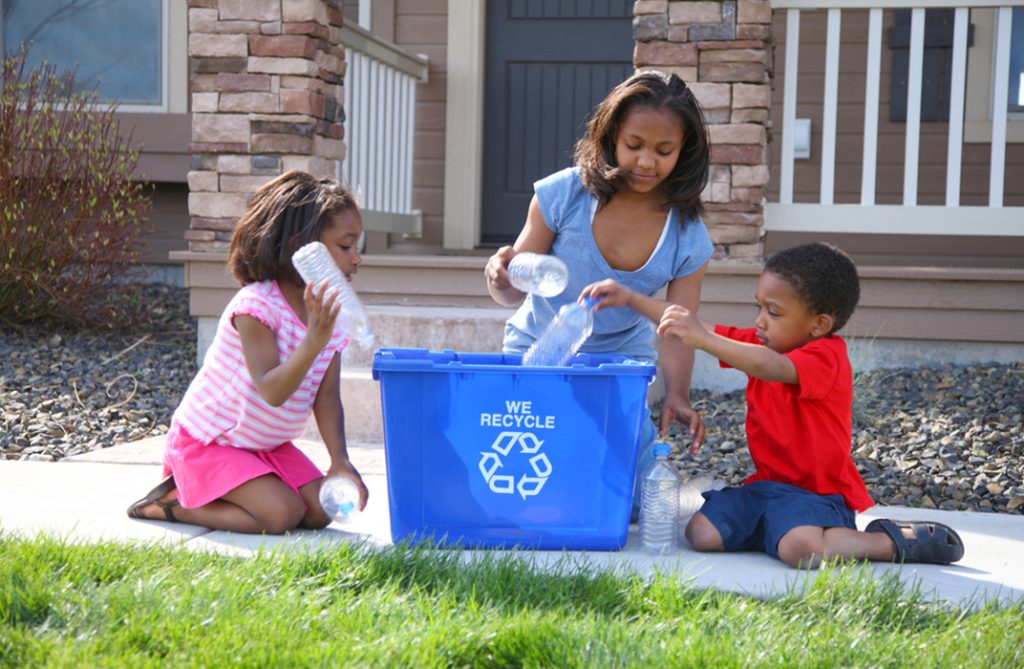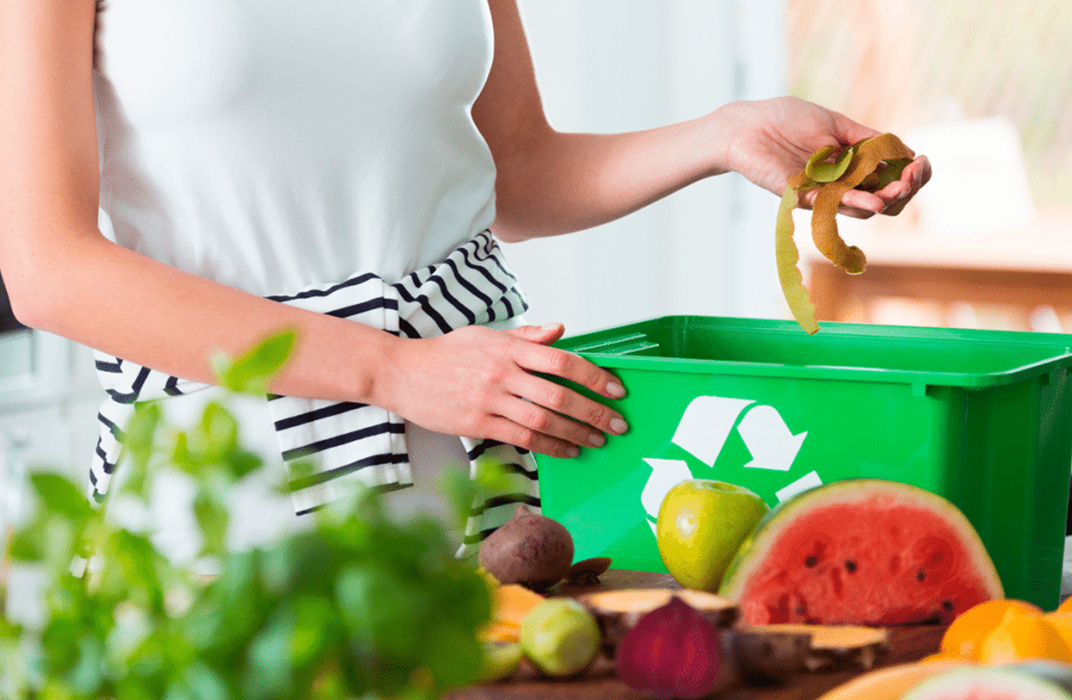What Is Waste Reduction And How To Implement It At Home
Effective approach to waste reduction is to adopt the principles of the three Rs: reduce, reuse, and recycle. Reducing waste begins with mindful consumption. Consider purchasing items that are essential and avoiding single-use products. Opting for bulk purchases can also minimize packaging waste. When shopping, choose products with minimal or recyclable packaging to lessen your environmental impact. Being conscious of your consumption habits encourages a more sustainable lifestyle.
Reusing items is another vital strategy in waste reduction. Before discarding items, think about how they can be repurposed. Glass jars can be transformed into storage containers, while old clothing can be turned into cleaning rags or even upcycled into new fashion pieces. Donating unwanted items to local charities or community organizations can also extend their life cycle and benefit others in need. By finding new uses for items, you contribute to a circular economy that values resourcefulness.

Recycling is an essential component of waste reduction. Familiarizing yourself with local recycling guidelines ensures that materials are disposed of correctly. Many households overlook the importance of recycling electronics, batteries, and hazardous waste. Special recycling programs exist for these items, preventing harmful substances from entering landfills. Setting up a designated recycling station in your home can encourage family members to participate actively in recycling efforts.
Composting organic waste is an effective way to reduce household waste while enriching your garden soil. Kitchen scraps such as fruit and vegetable peels, coffee grounds, and eggshells can be composted instead of thrown away. This practice not only diverts waste from landfills but also provides nutrient-rich compost for gardening. Many resources are available to help you start a composting system that suits your space and needs.
Minimizing food waste is another critical aspect of waste reduction. Planning meals and creating shopping lists can help prevent overbuying and ensure that food is consumed before it spoils. Storing food properly extends its shelf life, while understanding expiration dates can help you make informed decisions about food safety. Leftovers can be creatively repurposed into new meals, reducing waste and saving money.
Engaging the whole family in waste reduction efforts fosters a sense of shared responsibility. Educating children about the importance of reducing waste can instill lifelong habits that contribute to a more sustainable future. Organizing family challenges to reduce waste can make the process fun and engaging, encouraging everyone to participate actively.

Participating in community initiatives focused on waste reduction can amplify your efforts at home. Many communities offer workshops on sustainable practices, including composting, recycling, and upcycling. Joining local clean-up events or supporting zero-waste shops can further enhance your commitment to waste reduction.
Incorporating waste reduction practices into your daily life requires intention and creativity. By focusing on reducing consumption, reusing items, recycling properly, composting organic waste, and minimizing food waste, you can significantly decrease your household waste. Embracing these strategies not only benefits the environment but also promotes a more sustainable and fulfilling lifestyle for you and your family.




